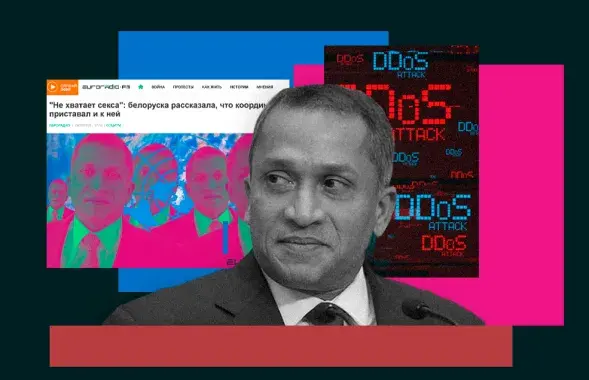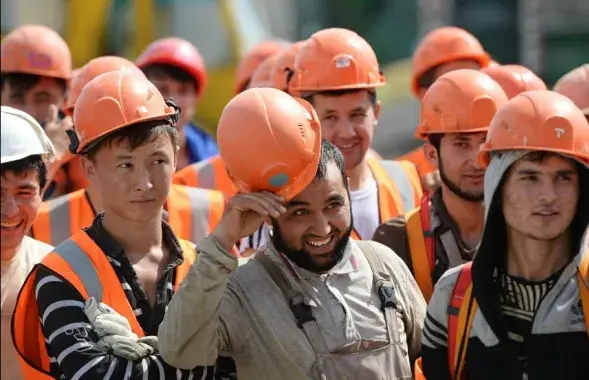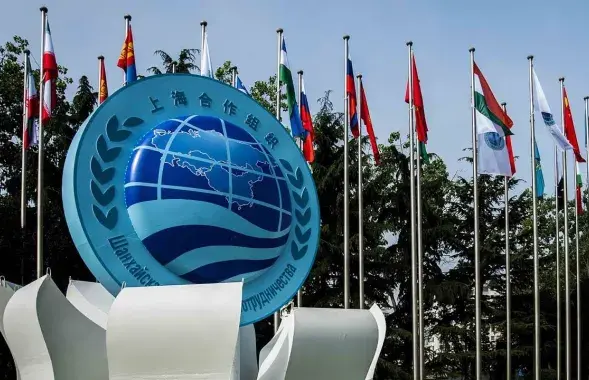Political scientist: EU disrupted Russia's plan to weaken Lukashenka before
A well-known Russian political scientist Uladzimir Slatsinau has told in his interview to Euroradio why Russia's policy with regard to Belarus failed.
Uladzimir Slatsinau: "We see there have been several blows from Russia. The most important one is the propagandistic blow: just remember the famous NTV TV-programs, as well as sharp speeches of Dmitry Medvedev, and the strict position of Russia in economic relations. However, everything shows that such Russia’s attack on Aliaksandr Lukashenka failed. It turned out that Belarus economically depended on Russia much less than Kremlin thought, as its sales turnover with the EU increased, while its sales turnover with Russia does not make such a critical share for Lukashenka as it used to several years ago".
However, the key point, says Uladzimir Slatsinau, is that the EU chose another position. We can now observe consistent rapprochement between the European leaders and Lukashenka. EU is now more worried about internal social and economic issues and problems, which occurred after signing of the Lisbon treaty. There are also some economic difficulties because of Ireland and Greece, which should be solved on an urgent basis. Thus, Belarusian issue is not even of secondary importance now.
Uladzimir Slatsinau: "EU does not want political processes in Belarus to go in some radical direction, for example, if Belarus suddenly turns to the EU. It is a sort of paradox, but the EU does not need Belarus so desperately, although Belarus actually runs towards the EU".
However, consistent liberalization of the Belarusian regime would fully satisfy the European politicians, thinks Slatsinau. The question of integration with Belarus remains important for the EU. Thus the European Union accepts Lukashenka’s imitation of liberalization. In addition to that, the regime is in fact softened a bit with regard to certain issues. As a result, Belarus has not found itself in isolation, despite Kremlin’s wish.
Uladzimir Slatsinau: "It is obvious that the EU chose a totally different position. The visits of Poland’s and Germany’s foreign ministers showed that the EU was ready to put up with the limited democratization so far. Take a look at Yanukovich’s behavior. Russia tried to implement the isolation policy on Lukashenka and failed. Yanukovich chose the pro-Belarusian position, and even the friend Chavez headed for Belarus right after his visit to Moscow, and promised oil. Russia understood it failed and changed the accents. Silence followed criticism ".
According to the political scientist, it is also possible that Russia plays no part in the Belarusian election. Kremlin is most likely to understand there is no pro-Russian alternative, like Yanukovich in Ukraine, in Belarus today. Thus the main aim was to weaken the Belarusian leader, not to substitute him for someone else.
Uladzimir Slatsinau: "I think that certain actions are performed in Aliaksandr Lukashenka’s despite, with the only aim to weaken him and make his electoral campaign more complicated. Kremlin surely understands that Lukashenka will win the election, but the question is how he will do it - what will be the score. Thus I would not exclude the possibility that Kremlin helps some candidates".
















